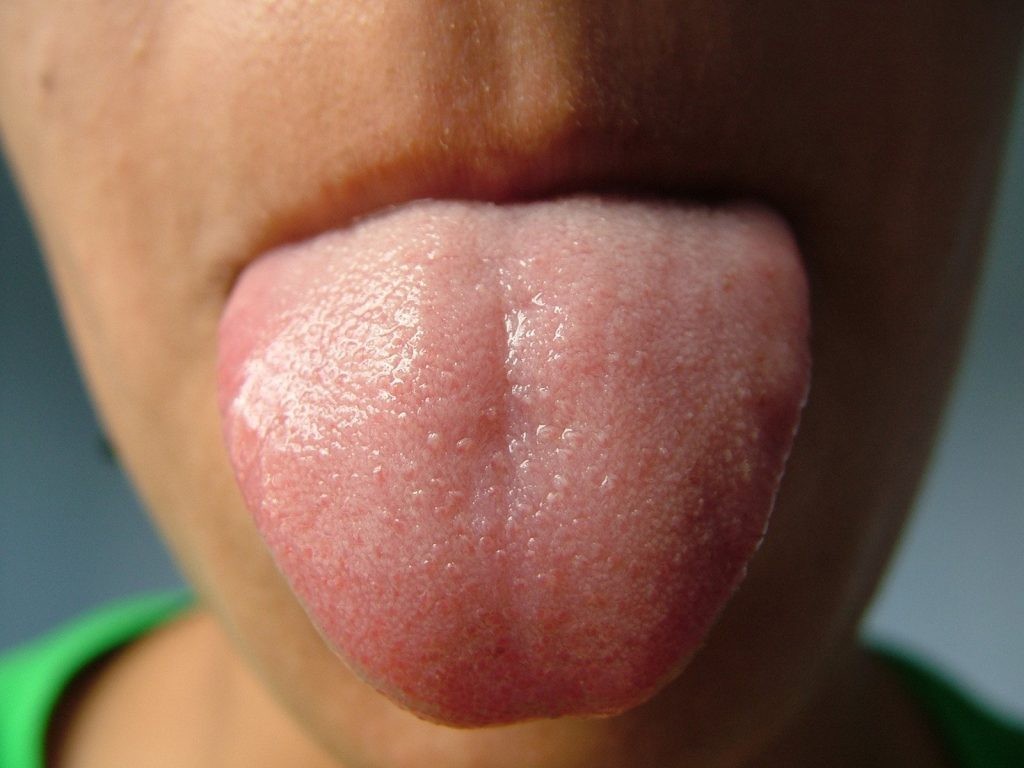Saliva plays a vital role in oral health, aiding digestion and protecting against infection. We produce a significant amount daily, but sometimes it might feel like too much. Why is that? This article explores the reasons behind excessive saliva production and what it might indicate about your health.
Causes of Excessive Saliva (Hypersalivation)
Producing too much saliva, known as hypersalivation or sialorrhea, can be triggered by various factors. While temporary increases are common, persistent hypersalivation may signal an underlying issue. Here are some potential causes:
Medical Conditions
Certain medical conditions can contribute to excessive saliva production. These include:
- Acid Reflux: Stomach acid rising into the esophagus can stimulate saliva production to neutralize the acid.
- Neurological Disorders: Conditions like Parkinson’s disease, cerebral palsy, and stroke can affect muscle control, including those involved in swallowing, leading to drooling or excessive saliva.
- Oral Infections: Infections in the mouth, such as thrush (oral candidiasis), can irritate the salivary glands and increase saliva production.
Medications
Many medications list hypersalivation as a side effect. If you’ve recently started a new medication and noticed increased saliva, consult your doctor.
Pregnancy
Hormonal changes during pregnancy, particularly in the first trimester, can lead to increased saliva production. This often subsides as the pregnancy progresses.
Teething
In infants, teething can significantly increase saliva production as the gums become irritated and inflamed. This is a normal part of development.
Other Factors
Other factors that can temporarily increase saliva production include:
- Certain Foods: Spicy or sour foods can trigger increased saliva flow.
- Nausea: The body naturally produces more saliva in anticipation of vomiting.
- Oral Irritants: Dental appliances, poorly fitting dentures, or even chewing gum can stimulate saliva production.
When to See a Doctor
While occasional excessive saliva is usually harmless, consult a doctor if you experience:
- Constant Drooling or Difficulty Swallowing: This can interfere with daily life and may indicate a more serious problem.
- Thick, White Saliva: This may be a sign of oral thrush, a yeast infection.
- Red-Tinged Saliva: This could indicate bleeding gums or gingivitis.
- Bad Taste in the Mouth: A persistent sour or bitter taste could be linked to acid reflux.
- Tacky Saliva: This might suggest mouth breathing, potentially related to sleep apnea.
What Your Saliva Might Be Telling You
Changes in saliva can reveal underlying health issues. For instance:
- Decreased Saliva (Xerostomia): Dry mouth can increase the risk of tooth decay and cavities. It’s often caused by medications or conditions like anemia and hypertension.
- Changes in Saliva Color and Consistency: As mentioned earlier, white, thick saliva can indicate thrush, while red-tinged saliva may signal gum problems. A tacky feeling can point to mouth breathing.
- Changes in Saliva Taste: A sour taste can be associated with acid reflux.
 Close up of a person's mouth with a healthy tongue and teeth.
Close up of a person's mouth with a healthy tongue and teeth.
Conclusion
While often overlooked, saliva provides crucial insights into our overall health. Paying attention to changes in saliva production, color, consistency, and taste can help identify potential health concerns. If you’re concerned about excessive saliva or any related symptoms, consult a healthcare professional for proper diagnosis and treatment.
